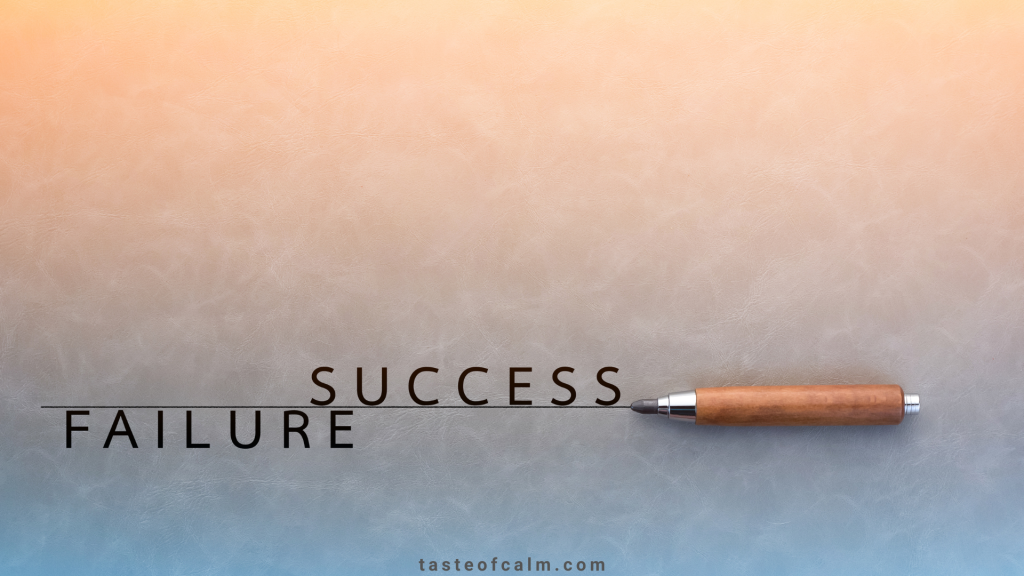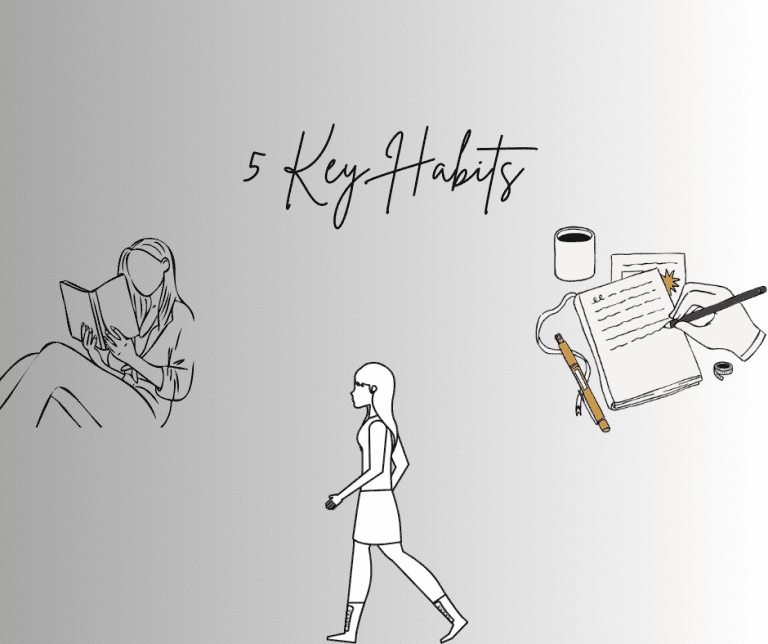5 Lessons I Learned From Business Failures
At some point, most of us reach a place where we’re afraid to fail, where we instinctively avoid failure and stick only to what is placed in front of us or only what we’re already good at. This confines us and stifles us. We can be truly successful only at something we’re willing to fail at. If we’re unwilling to fail, then we’re unwilling to succeed
mark manson
You learn more from failure than from success, so it’s important to see every business failure as a learning opportunity.
I’ve wanted to write this post for a long time to share the lessons I learned from the failures I experienced in my twenties and thirties.
By telling my story, I hope to inspire you to reflect on your own life, make changes, and see things from a new perspective.
One of the biggest obstacles to growth is the inability to evaluate our own actions critically and objectively.
To move forward, we must acknowledge our mistakes and learn from them. I encourage you to grab a notebook and write down the lessons your failures have taught you. Reflect on what you would do differently now.
Why are failures important?
Failure is not a step backward, it is an essential step to success. It is the only way to learn and progress.
From childhood, we make mistakes, learn from them, and move on. It is a part of growing up, and also of life.
When you are too scared to fail, then you will never put yourself out of your comfort zone, you will never dare to risk anything, and you are denying yourself the knowledge that comes from such experiences.
Let’s say, for example, you launch a blog and it fails. You never find your readers, and you never make money from it.
Still, you would learn so much more from that experience than watching hundreds of hours of videos online that teach you how to run a blog.
The same goes for your social life. You may get rejected, betrayed, or left behind, but all these experiences will make you who you are.
Failures hurt, but they also propel you forward.
Lessons I learned from my business failures

Prioritize well-being over work
You can work excessively for a short time, but it is not sustainable in the long run. That’s why you need to be honest with yourself when starting a new job or side hustle.
First, set aside time for your health and well-being. Then decide how much time you can realistically dedicate to work. Maybe you commit to working two hours every weekend or waking up an hour earlier each day to focus on your side job.
I made the mistake of overworking myself for too long. It led to an illness diagnosis and the collapse of my side hustle.
I learned my lesson, and now I structure my days differently. My top priority each morning is taking care of myself before I start working. The results surprised me.
I became more productive, motivated, and inspired. I also progressed much faster than I did the first time.
Learn To Delegate
If you really want to grow as an entrepreneur, you’ve got to learn to delegate.
Richard Branson
The translation company I founded with my sister stopped growing at one point because we failed to delegate tasks. We did not want to give up control over assigning projects, monitoring deliveries, and quality checks. But what happened is that the company stopped growing.
No one was taking care of marketing or finding new jobs and clients. We were unable to dedicate our time to more important things because we were constantly focused on daily projects and deliveries.
And that could have been handled by someone else.
So the most important thing to learn when you have a company or any kind of business is to delegate tasks you do not have to do yourself.
Delegate shallow tasks to someone else, and spend your time on more valuable deep work.
If you fail to do this, you will reach a point when the business stagnates.
Learn how to save and invest money when you are young
Learn how to save and invest
When you’re young and money starts coming in, saving isn’t always a priority. But the truth is, you need to start saving from the beginning. I didn’t start until my forties, and I realize now that I missed out on at least 20 years of investment growth.
Traveling and spending freely may feel like true freedom, and saving might seem restrictive. But the opposite is true.
Saving money buys you time in the future—the freedom to work on your own terms or not at all. Not every stage of life will be financially stable. There will be ups and downs, and you want to be prepared for the downs.
Avoid overspending
Another lesson I’ve learned is to avoid the traps of consumerism. When I was younger, I spent too much on clothes and makeup, thinking they would change how I looked.
In reality, eating well and exercising have a far greater impact than any outfit or beauty product.
You can wear a simple white shirt and jeans and look amazing if you’re healthy and fit. No amount of makeup will help if you smoke, drink too much, or don’t get enough sleep.
Yet, we’re constantly bombarded with ads on TV, social media, and everywhere we look. It’s easy to fall into the trap of wanting more and more.
One of my biggest regrets is the amount of money I wasted on things I didn’t need—things I eventually threw away because they didn’t work for me.
Do Not Choose Work Over Friendships
At the end of the day, it’s the relationships we build that matter most—whether with friends, family, or loved ones.
In my twenties, I became so obsessed with work that I stopped spending time with friends. I worked day and night, pushing myself to the limit, believing that success would fill the void.
At the time, it felt like I was on top of the world—achieving one success after another. But once the excitement faded, I realized something important: in my pursuit of success, I had lost something far more valuable—my friends.
Never stop learning
When I started working, I was full of curiosity. Every day, I was eager to learn something new. I would read, practice, take courses, and even stay up all night mastering new translation software.
But that all changed when work became overwhelming.
Suddenly, my days were consumed by work, and my evenings were spent mindlessly watching TV. My free time turned into a series of shallow distractions.
I stopped reading books. I stopped learning. I stopped growing.
Over time, this left me feeling stagnant and dissatisfied with my life.
Personal growth is essential, even when life gets busy. To keep progressing, you must be intentional with your time and minimize meaningless distractions.
Even with kids and a packed schedule, making time for learning is crucial. One of the best ways to do this is through reading. Books introduce new ideas, offer solutions to life’s challenges, and help you see your own actions more clearly.
Conclusion
I certainly made many more mistakes in my 20 years of working. But the ones I listed made the biggest impact on my well-being and my business.
Failure is an inevitable part of any business journey, but it doesn’t have to be the end of the road. Every setback is an opportunity to learn, adapt, and improve. The most successful entrepreneurs are those who embrace failure, analyze their mistakes, and use them as stepping stones toward future success.
Refine your strategies and try again. The key to long-term success isn’t avoiding failure—it’s learning from it and coming back stronger.
Related Posts
5 Powerful Lessons I Learned from Failure






